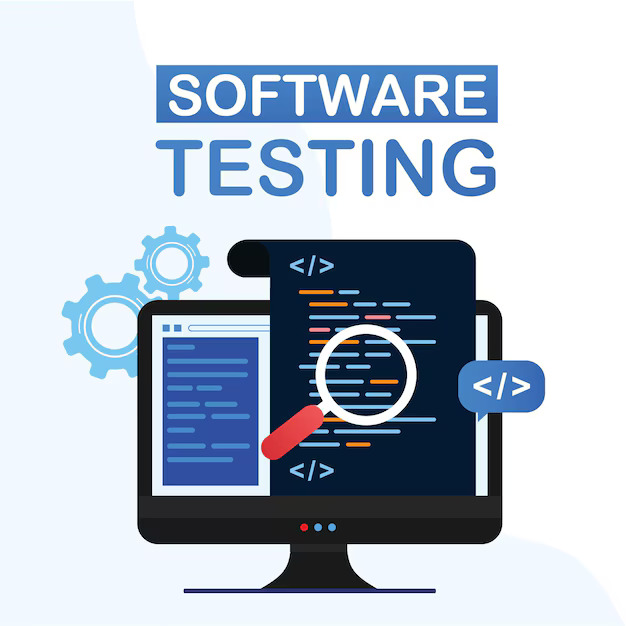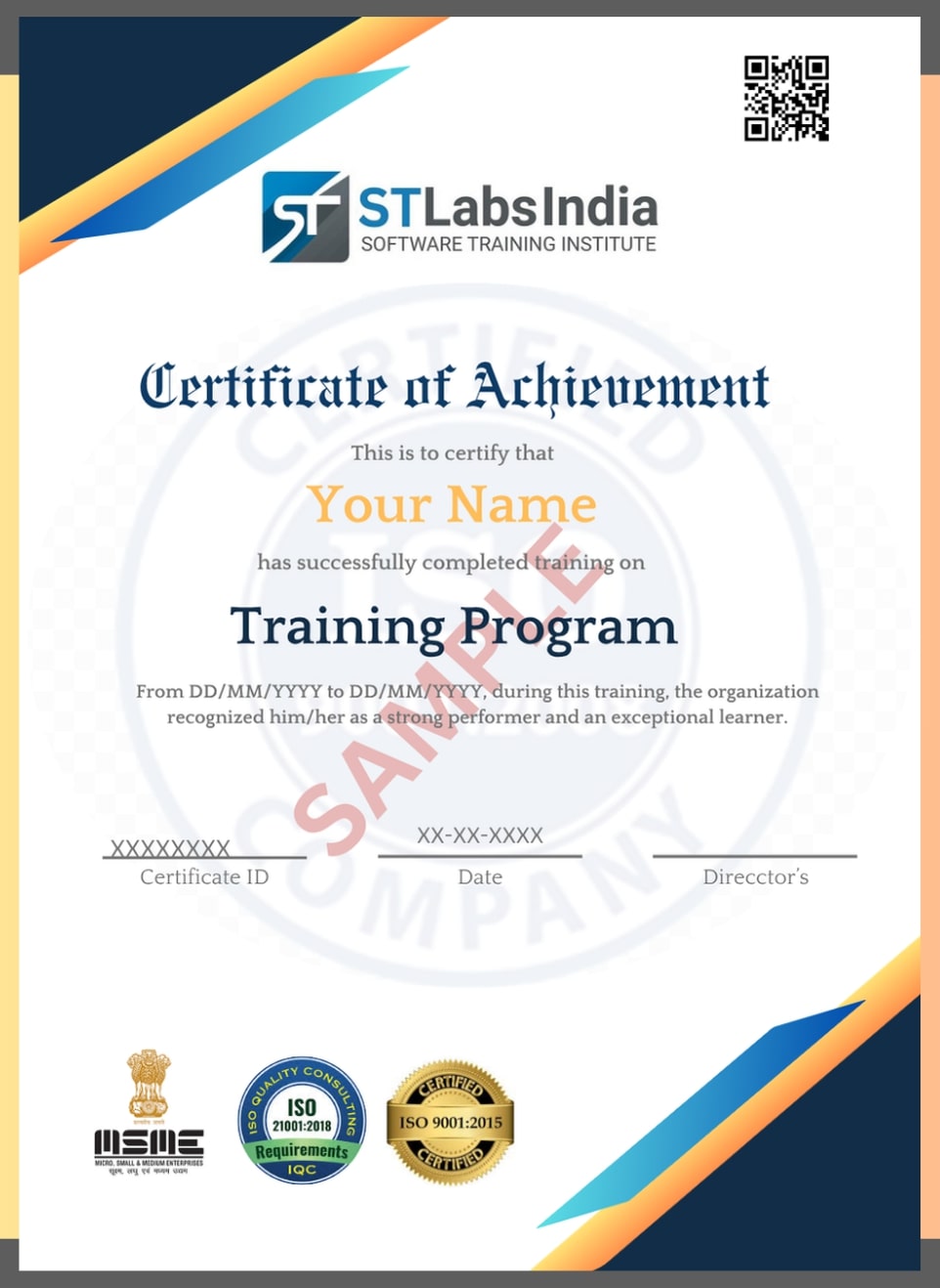Best Software Testing Training Institute in Noida
2560 Learners
|Gain hands-on expertise in Manual, Automation, and AI-powered Testing with our industry-focused training program. Enroll in our Software Testing course today and kickstart your journey toward a successful and future-ready IT career!

Instructor-Led Training (ILT) Parameters
Course Highlights
Free Career Counselling
We are happy to help you 24/7
AI-Powered Software Testing Course Description
Software Testing Course Certification

Get exclusive
access to career resources
upon completion
Mock Session
You will get certificate after completion of program
LMS Learning
You will get certificate after completion of program
Career Support
You will get certificate after completion of program
SELF ASSESSMENT
Learn, Grow & Test your skill with Online Assessment Exam to achieve your Certification Goals
Take Free Practices Test →Mock Interviews
-
✔
Prepare & Practice for real-life job interviews by joining the Mock Interviews drive at STLabs India and learn to perform with confidence with our expert team.
-
✔
Not sure of interview environments? Don’t worry, our team will familiarize you and help you give your best shot even under heavy pressures.
-
✔
Our Mock Interviews are conducted by trailblazing industry-experts having years of experience and they will surely help you to improve your chances of getting hired in real.
How STLabs India Mock Interview Works?

Not just learning
— we train you to get hired.
Call or Chat With Us:: +91-9999176697
Not Just Studying
We’re Doing Much More!
Empowering Learning Through Real Experiences and Innovation



Our learners transformed their careers
35 Lakh
Highest Salary Offered
50%
Average Salary Hike
10K+
Placed in MNCs
15+
Years in Training

A majority of our alumni
rapidly advanced into managerial careers. Discover their success stories in the Career Growth Report.
RELATED COURSES
Salesforce Developer Training
Salesforce Lightning Web Components
Salesforce Marketing Cloud Consultant
Salesforce Pardot Certification
Request Your Batch Now
Ready to streamline your process? Submit your batch request today!
Request Your Batch TodayWe’re Here to Help –
Reach Out to Our Office
 India Office
India Office
STLabs India
Amba Tower, C-58, Captain Vijyant Thapar Marg, C Block, Sector 2, Noida, Uttar Pradesh 201301
+91-9999176697 || Landline: 0120-4850016

